Racism: Social worker calls experiences exhausting
- Published
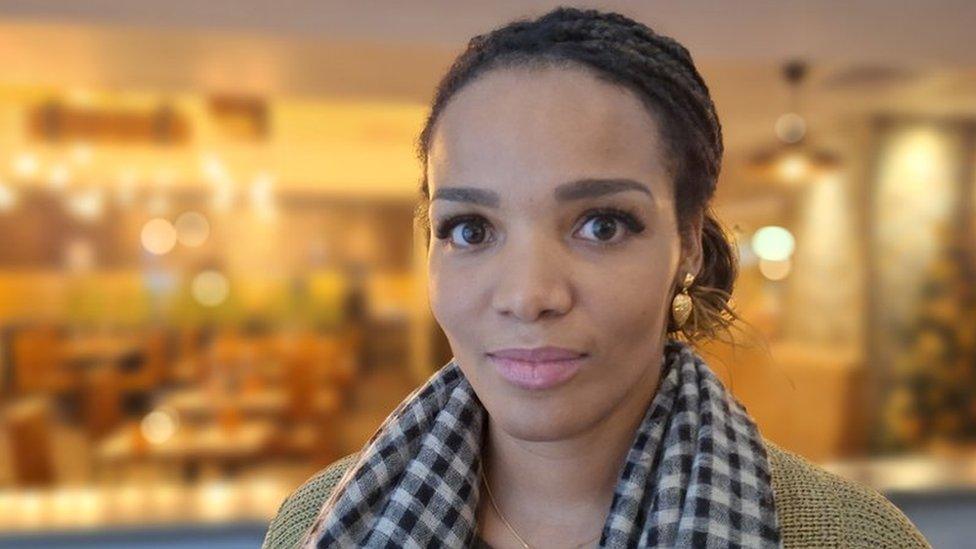
Jade found the attitudes of some to be exhausting
A social worker said racism she encounters was like "death by a thousand cuts".
Jade Forbes, who is black, said the workplace bigotry she experienced had affected her mental health.
While not considering herself a victim, she admitted she found some people's attitudes "exhausting".
The British Association of Social Workers (BASW) Cymru wanted more data to tackle racism. Social Care Wales said it wanted an anti-racist sector.
Ms Forbes, who has worked in social services for 13 years around south Wales, said: "It makes me really quite angry about things and [I have] a sense of injustice.
"It can be quite an isolating place as a black social worker, trying to express my frustration around racism when often colleagues have not got that same lived experience."
The 37-year-old wanted clearer policies to deal with racism.
She said: "There definitely needs to be more training around racism… because if I'm experiencing racism as a social worker, then there's no doubt there will be tell-tale signs of individuals who access services experiencing forms of racism, whether it be direct or covert."
Despite not encountering direct barriers in progressing her career, Ms Forbes said she had to "work harder and shine brighter" to be at the top of her game.
The most challenging period of her career followed the murder of George Floyd - an African-American man killed by a white police officer in Minneapolis in 2020.
Ms Forbes recalled other professionals making comments on social media that were in conflict with anti-racists Black Lives Matter.
"There was a consensus around the world that this was a really bad thing to happen and there were conversations justifying his [the killer's] actions," Ms Forbes said.
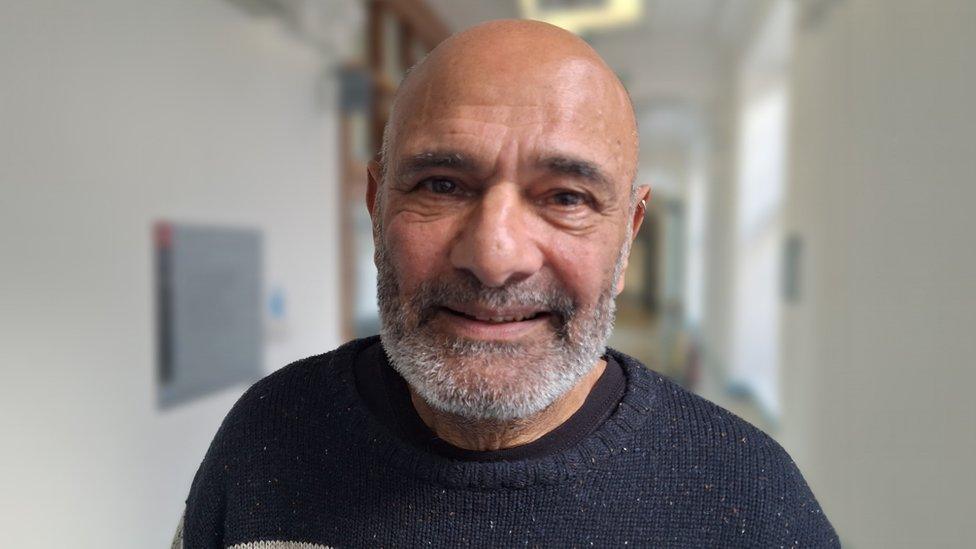
Abyd Quinn Aziz said racism hurt more if it came from colleagues
"I found it absolutely berserk and also quite scary, because I've got a son and I just thought if professionals are justifying decisions around murdering a black man in broad daylight on the street, then it makes me worry about my son's safety as he grows up in the way that he may be viewed as a black man."
BASW Cymru said more data was needed to tackle racism.
It said it heard more about racism in staff teams than from clients.
BASW Cymru's Abyd Quinn Aziz said there was far more data in England and called on Social Care Wales to publish more.
This year, Social Work England found black male social workers over 40 were disproportionately subject to fitness to practise proceedings.
"We know it [racism] happens but it's about understanding how it happens, where it happens and whether the things that we're doing make a difference to racism," Mr Quinn Aziz said.
He said racism hurt more if it came from colleagues.
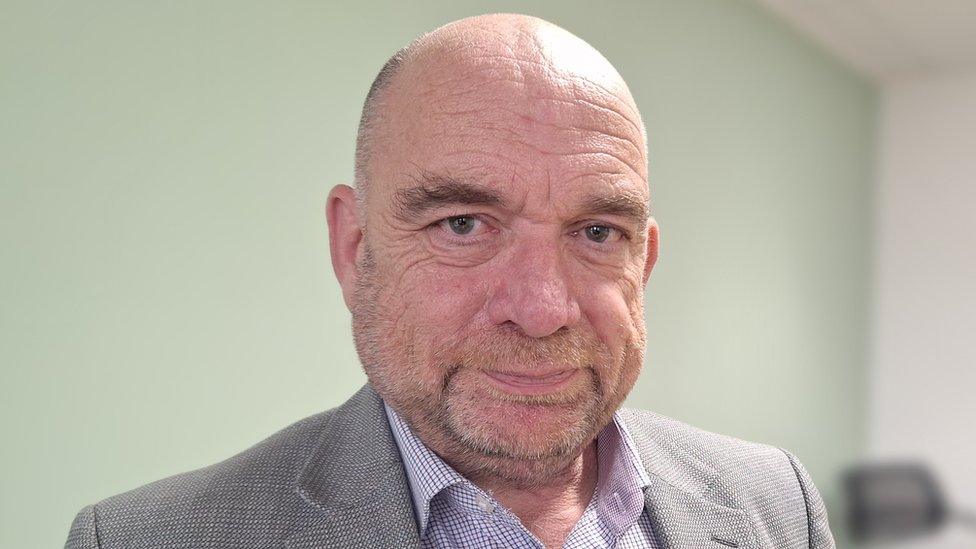
David Pritchard said data was at the heart of tackling racism
"In Wales, in the last 20 years, I think I've only known of one non-white director of social services, and while I'm not saying you have to be black to understand it, I think there's a lack of confidence and pro-activeness," he said.
Social Care Wales (SCW), which regulates the workforce in Wales, said about 80% of social workers were white and the remainder a variety of ethnicities.
It said about 6% of the whole social care work force, which includes social workers as well as those who care for older people and children, are black. About 5% have an Asian background.
SCW regulation director, David Pritchard, said racism worked against social care principles and that SCW was committed to working to ensure the sector was anti-racist.
"Data, research and evidence is absolutely the heart of tackling racism and other prejudices in our society," he said.
Related topics
- Published25 March 2023
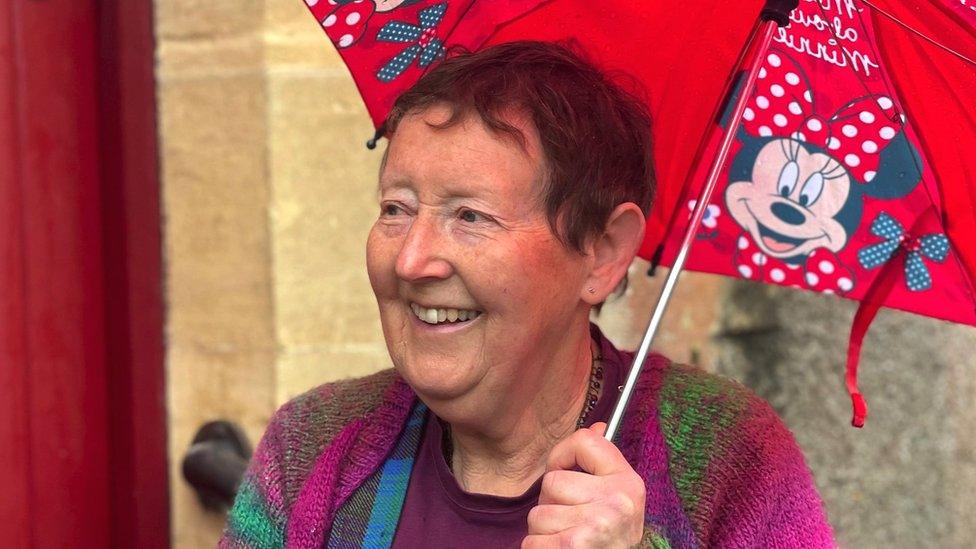
- Published30 September 2023
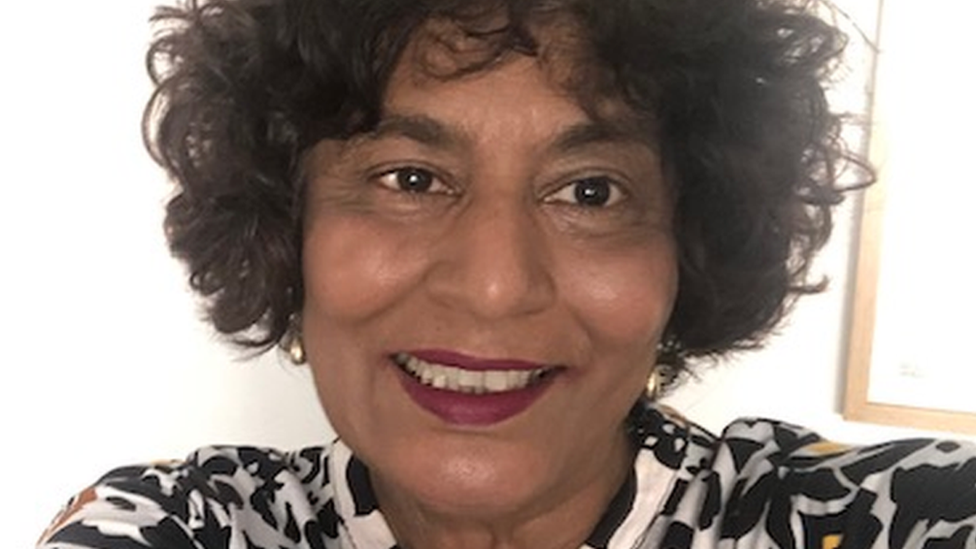
- Published8 April 2023
